LEDS LAC is a network of organizations and individuals working in the promotion, design and implementation of LEDS in Latin America and the Caribbean.
LEDS LAC is a community of transformational leaders for a resilient and low emission development in Latin America and the Caribbean.
Addressing the challenges posed by climate change requires the integration of mitigation and adaptation goals into policies and development strategies. At the same time, the achievement of economic and social aspirations of our countries demands taking into account these challenges.
For this reason in LEDS LAC we promote the formulation and implementation of national, sub-national and sectoral strategies, that simultaneously respond to the triple objective of promoting development, reducing emissions and increasing resilience.
These Resilient and Low Emission Development Strategies (LEDS) allow countries to move towards a sustainable development and meet their climate commitments.
Beyond the implementation of isolated actions of mitigation and adaptation, we are interested in the transformation of the development pattern in the region. This is why we support leaders who are driving change from governments, civil society, private sector and the international community.
LEDS LAC is people-oriented. We believe that all our members are experts who can contribute with their experiences and knowledge while also learn from others. We avoid duplication of efforts and promote collaboration.
by building capacities and facilitatting learning among peers.
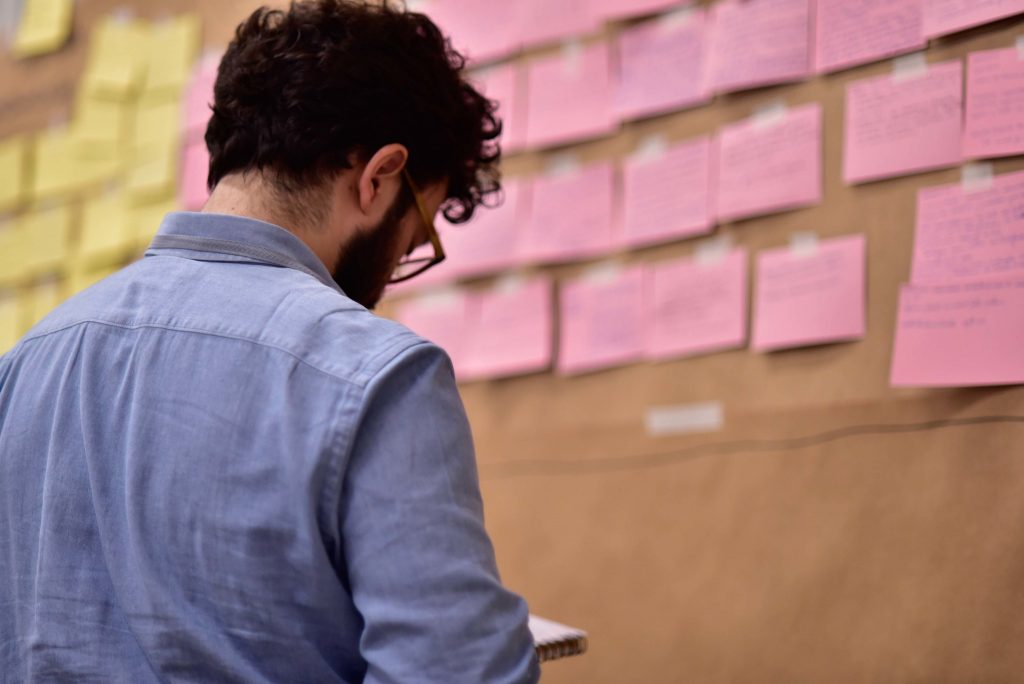
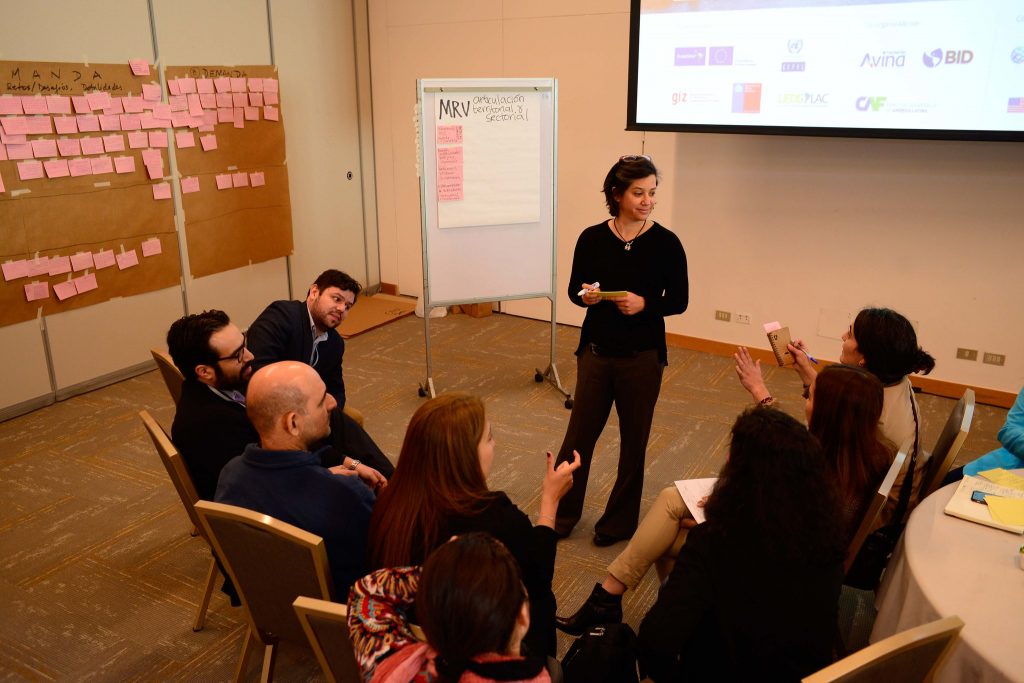

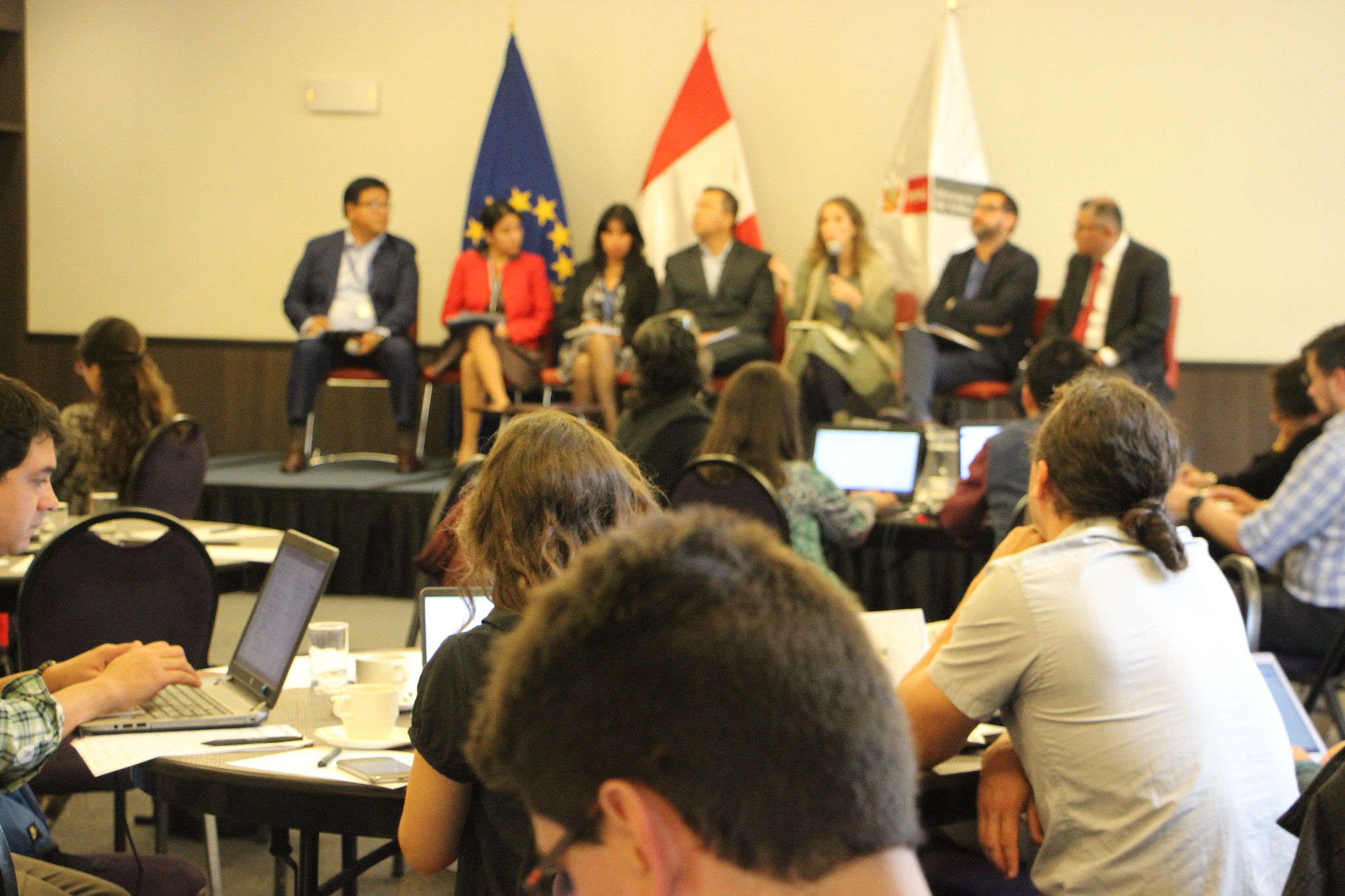
to advance their initiatives and share their experiences to inspire, train and work with others.
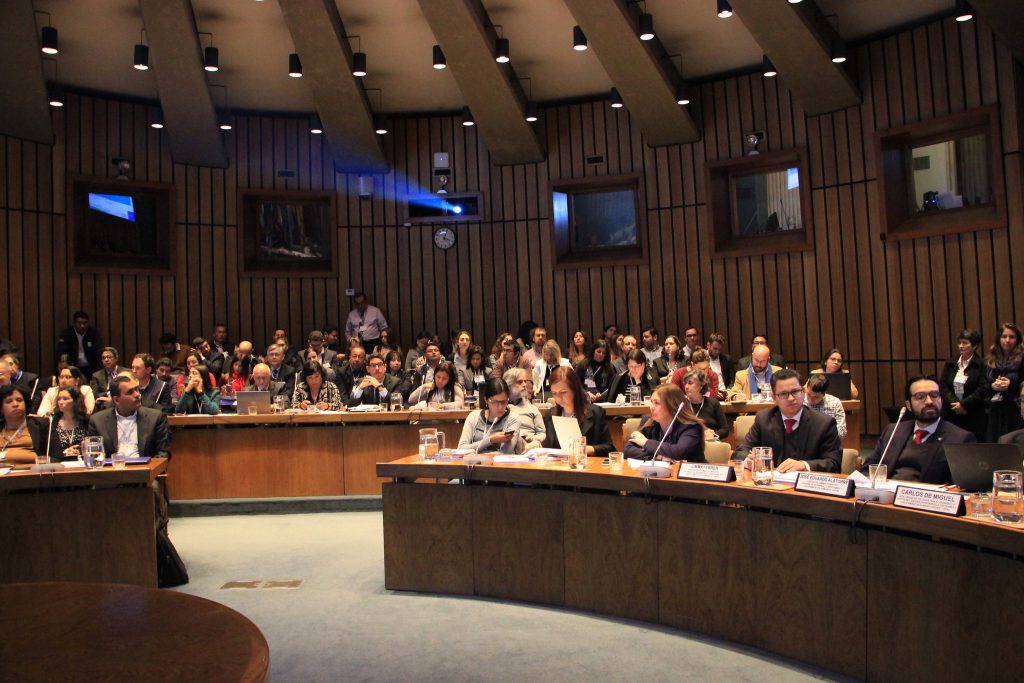
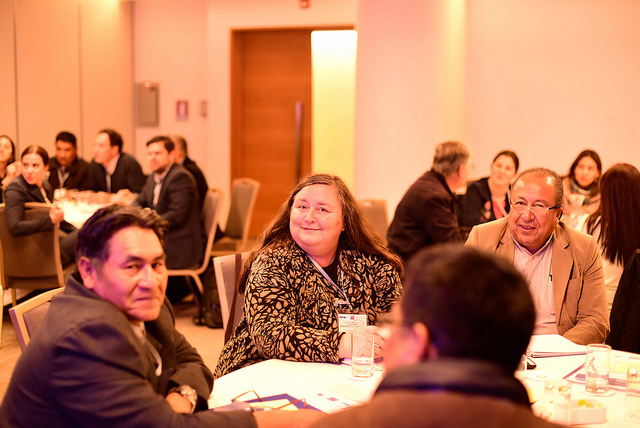
between topics, sectors, goverment levels and stakeholders to facilitate the implementation of LEDS.
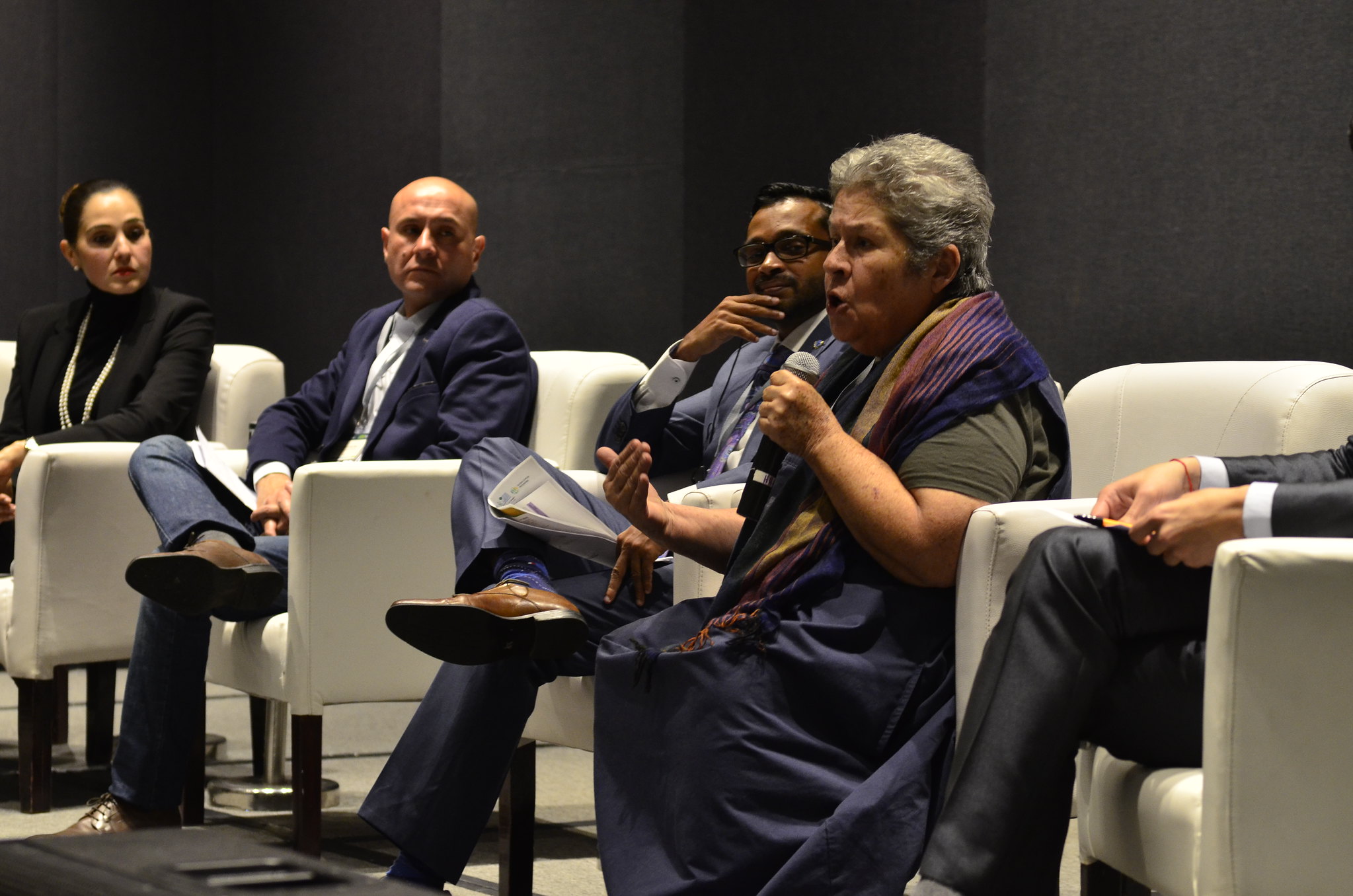
To achieve this, we carry out activities that allow us to strengthen and integrate a community of practice through:
The LEDS LAC Platform is coordinated by a Steering Committee, composed of organizations from the public and private sectors, international cooperation agencies, multilateral banks, among others. It has three co-chairs.
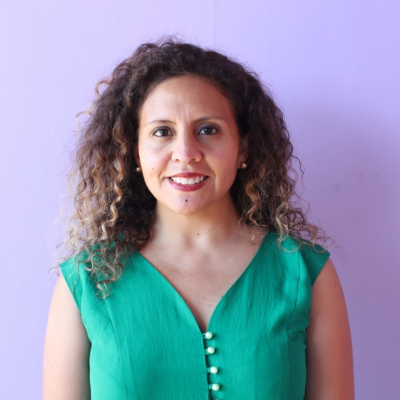
Milagros Sandoval Díaz currently serves as the Director General of Climate Change and Desertification at the Ministry of Environment of Peru. She is a lawyer by profession, having graduated from the Pontifical Catholic University of Peru, and holds a diploma in Environmental Law from the same institution, as well as a master's degree in Forest Resource Conservation from the National Agrarian University La Molina. With 20 years of professional experience in fields related to climate change and the sustainable use of forest and wildlife resources, she has held positions such as Director of Greenhouse Gas Mitigation at the Ministry of Environment, Regional Director of Climate Change at Conservation International, and advisor at the Peruvian Society of Environmental Law, among other public and private institutions.
Carolina Chantrill is the Director of Sustainable Mobility at Asociación Sustentar. In this role, she oversees activities aimed at promoting low-emission strategies, sustainability, and resilience in the transportation and mobility sector, assisting decision-makers, building capacities through knowledge exchange and peer learning spaces, and strengthening networks of professionals and organizations. Additionally, at the beginning of 2021, she joined the Center for Urban Economic Studies at the University of San Martín, coordinating the implementation of consulting projects and applied research. In the past, she served as Provincial Director of Urbanism at the Provincial Organism for Social and Urban Integration of the Province of Buenos Aires, where she coordinated and supervised the work of multidisciplinary teams for the design and implementation of comprehensive interventions in over 15 informal settlements in the Buenos Aires metropolitan area. She has over 10 years of experience working for the private sector, government, and civil society on issues ranging from environmental impact management, pollution remediation services, urban water and sanitation systems, urban waste management, watershed management and planning, urban development projects, informal settlement improvement and integration, urban planning and infrastructure, urban technological innovation, low-emission mobility, and transportation, among others. She holds a degree in Environmental Engineering from the Argentine Catholic University (2009) and a Master's in Urban Planning from the University of Illinois at Urbana-Champaign, USA (2015).
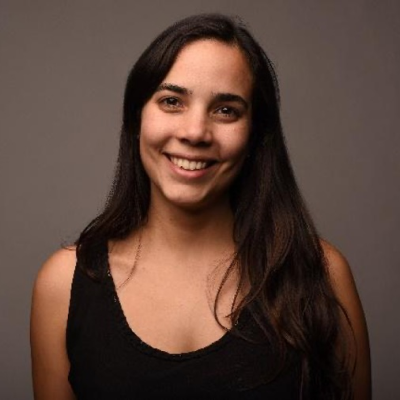
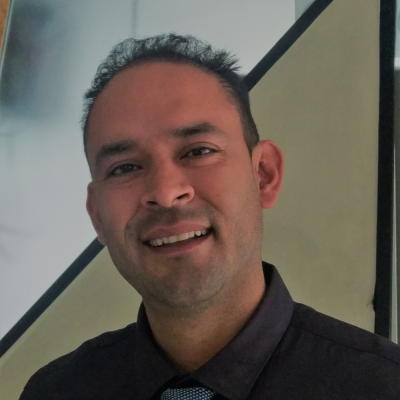
Fernando is a passionate climate change professional with extensive experience in project management and broad knowledge in strategic planning, climate policies, energy systems, gender integration, mitigation and adaptation strategies, private sector engagement, and climate finance. His professional career has included assignments with governmental, non-governmental, and international organizations in different parts of the world. He first joined UNDP in 2016 as a project management and climate finance specialist for the UNREDD Targeted Support program. He has also served as Country Manager for the NDC Support Programme and the Biodiversity Financing Initiative BIOFIN with UNDP Ecuador. Fernando also held the position of Senior Regional Advisor on Climate Governance and Finance for the EUROCLIMA+ Program in 2019 with GIZ in Colombia, and he currently serves as the Regional Coordinator for the UNDP Climate Promise for Latin America and the Caribbean.
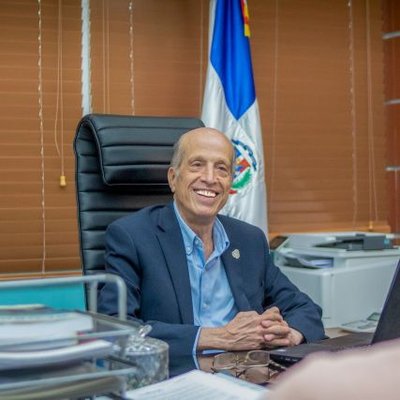
Vicepresidente Ejecutivo del Consejo Nacional de Cambio Climático y Mecanismos de Desarrollo Limpio de República Dominicana. Cuenta con dos licenciaturas, una en Derecho Público realizada en Francia, graduándose Summa Cum Laude, y otra en Sociología. En continuidad con la carrera de Derecho, realizó diplomas de estudios superiores de doctorado en Derecho Público y en Ciencias Políticas. Funge como catedrático en la Universidad Autónoma de Santo Domingo (UASD) desde hace más de 40 años.
Colombiana, especialista en política pública y financiamiento climático. Su experiencia se enfoca en el diseño de Estrategias de Largo Plazo para la Descarbonización y el desarrollo de políticas e instrumentos para la alineación de las finanzas públicas a los objetivos climáticos. Fue especialista de Cambio Climático del BID, asesora senior de finanzas y diplomacia climática en el tanque de pensamiento británico E3G, y directora de proyectos de sistemas de energía renovable en el sector energético. Marcela es Ingeniera Mecánica y Máster en Tecnologías de Energía Sostenible. Es miembro del Comité Directivo de LEDS LAC desde 2018.

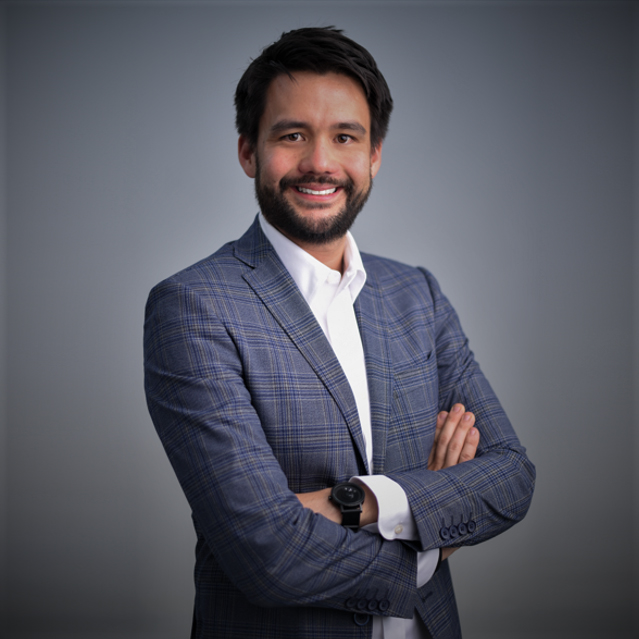
Costarricense, Máster en ingeniería industrial con diplomados internacionales en cambio climático e innovación. Su experiencia se enfoca en la promoción del desarrollo sostenible y la agenda climática en Latinoamérica, con especial énfasis en el rol del sector privado. Ha trabajado con varios organismos de cooperación internacional y redes empresariales regionales. Fue Director Ambiental de la Alianza Empresarial para el Desarrollo y actualmente trabaja en la GIZ como Asesor Regional para el Programa EUROCLIMA+ de la Unión Europea. Es miembro del Comité Directivo de LEDS LAC desde 2017.
Durante el 2018 y 2019 el Presidente fue Francisco Maciel, CEO del Consorcio Intermunicipal de la Región Oeste Metropolitana de Sao Paulo (CIOESTE); y la Vicepresidencia estuvo a cargo de Pablo Rojas, Director de Dimensión Ambiental de la Alianza Empresarial para el Desarrollo (AED), Costa Rica.
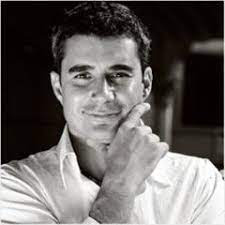

Durante el 2016 y 2017, la Presidencia y Vicepresidencia estuvo a cargo de Rodrigo Rodríguez, Director Ejecutivo de la Asociación Sustentar de Argentina, y Fernando Farías, Jefe de la División de Cambio Climático del Ministerio del Medio Ambiente de Chile.
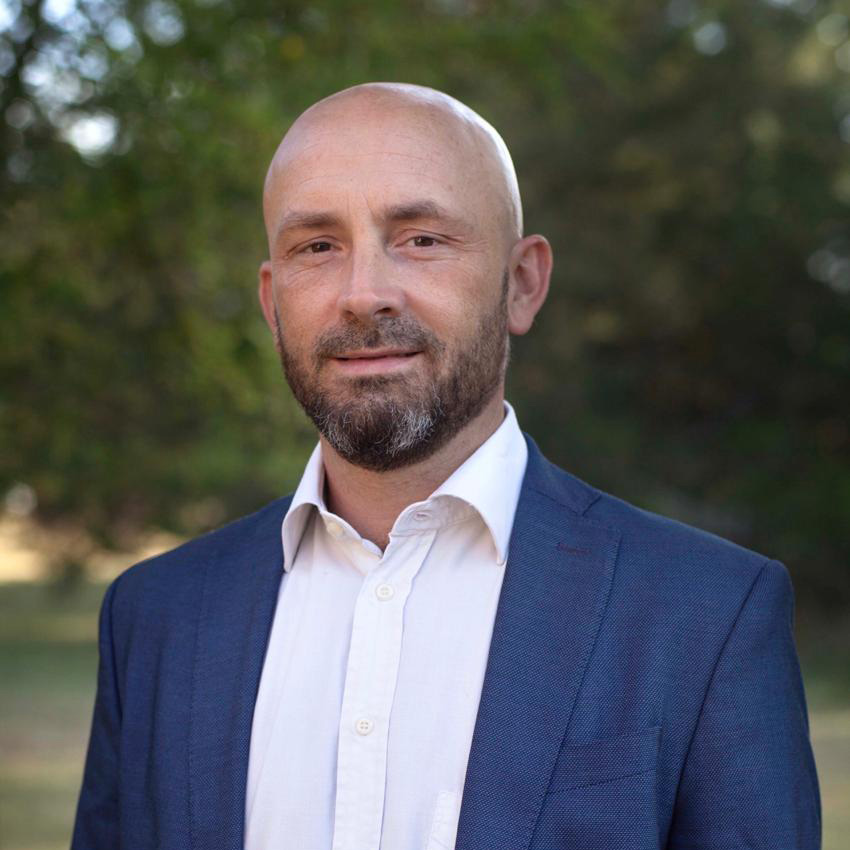
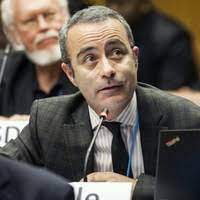
The Steering Committee is comprised of representatives from the following organizations:









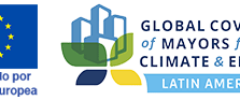


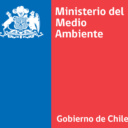

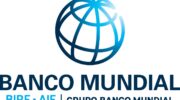
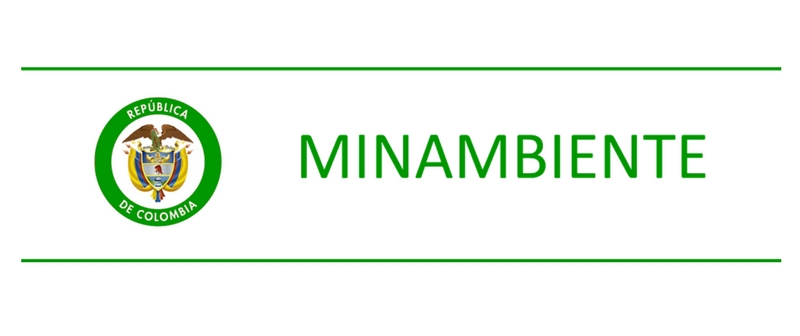

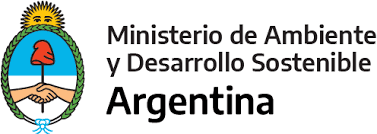
The LEDS LAC platform is a network of nearly 1000 members, including organizations, individuals, and governments working on promoting LEDS in Latin America and the Caribbean. Some of them include:
LEDS LAC es una red de organizaciones e individuos que trabajan en la promoción, diseño e implementación de LEDS en Latinoamérica y el Caribe.